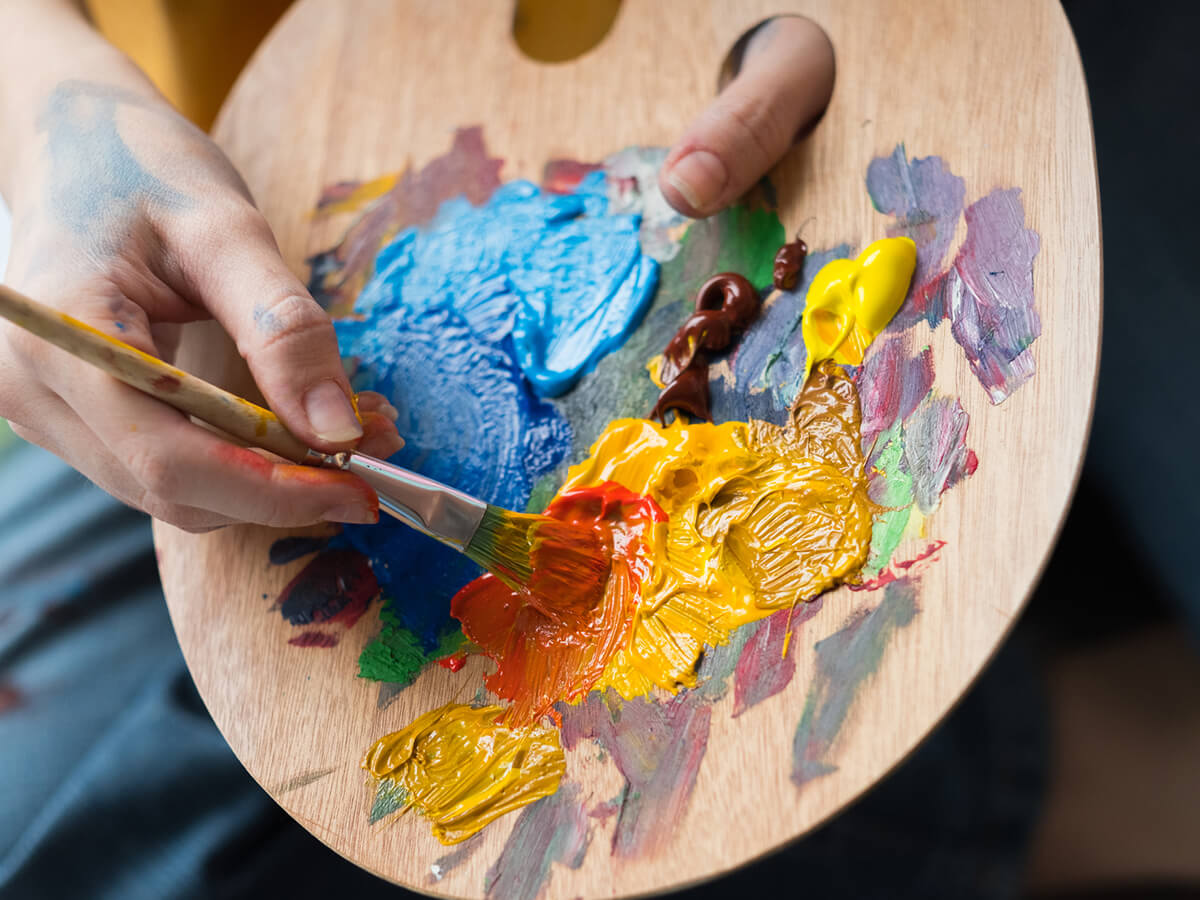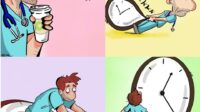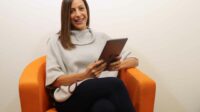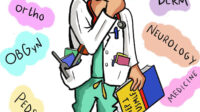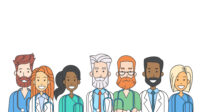When we apply to medical school, in addition to touting our science GPAs and MCAT scores, we often discuss our “extracurriculars” with flowery language – not as the meat and potatoes but as the seasoning sprinkled on top. Many assume that their passion for the piano is at best ancillary to their organic chemistry grades and that alone will not get them into school or residency. In truth I believe it is often these “non-traditional” and traits and talents that help make us valuable. More than that, I also feel that these non-medical/non-science aspects of our lives make us better doctors.
When I was an intern, I recall following a successful code, we were being debriefed by the ICU fellow. After the discussion about our CPR form and correct use of epinephrine pushes, the conversation changed over to the non-medical. I discovered that the calm and composed ICU fellow was also a writer. He writes short stories and had studied the history of religion and philosophy in undergrad. We stood in the hospital corridor at 4AM chatting about the art of storytelling and how he utilized his writing as a means of processing these difficult times. It is not uncommon for me to uncover these unique and brilliant talents of my fellow doctors. Stand up comedians, poets, concert cellists, award winning novelists, contortionists, painters and more. Sadly, many of them refer to their “past life” or that they “used to be” these things. This disturbs me.
Why you should always discuss your “other” talents/passions
The truth is, when applying to medical school and residency, everyone has ‘good’ science grades and test scores. Even if you did particularly well in these areas, you still may not stand out from the thousands of others. More importantly, these scores mean nothing when it comes to the caliber of doctor you are or will become. What will set you apart though, is what makes you unique outside of medicine.
My background as a visual artist was what gave me the opportunity to interview for my medical school seat. None of the other 29 schools offered me an interview because all they saw were my numbers and nothing else. What my art allowed me to do was showcase how my strengths in other fields could be harnessed to help me excel in medicine as well. When I embarked on the residency interview trail, I brought with me a small portfolio of my work. Instead of “that faceless guy with an XX Step 1 score” I was “Mike the art kid.” I would argue in surgical fields it is even more important to talk about your carpentry hobby or your fondness for tinkering with old clocks. This is effectively evidence of your dexterity and surgical skill without even having stepped foot in an OR as a resident yet. I believe this is valuable.
Honing Medical Skills and Retaining your Empathy
Art, I would argue, is about observation. These skills that are honed by being a great artist are directly applicable to becoming a great doctor. That perception and attention to detail allows you to pick up subtle physical exam findings or inuit from body language a piece of the medical history that flushes out your differential diagnosis. Perhaps more importantly, it makes you human. Having a connection to the humanities keeps you grounded. It keeps you human. That empathy, like a house plant, needs to be nurtured and protected so it can grow. Empathy goes down during our medical training, the brutal hours, the dehumanizing experience of seeing traumatic end of life experiences, and the pressures of training are the kryptonite to our empathetic morals. Art and our unique non-medical lives are the best defence against the loss of empathy.
That ICU fellow I met that night went on to do a second fellowship in Palliative Care. He tells me how his experience of telling stories informs his care as a palliative care doctor on a regular basis. I, too, believe I would have never gotten to this place in my medical career if it weren’t for my art. Two seemingly disparate fields are actually much more intertwined than we might think.
When applying to medical school, don’t be afraid to highlight your non-science traits. What sets you apart as a person may just be what sets your application apart from the rest.
